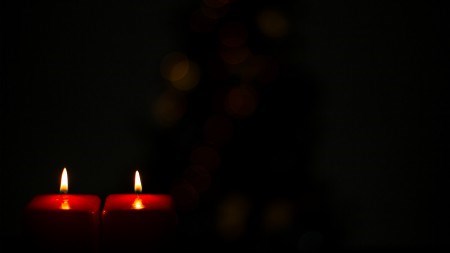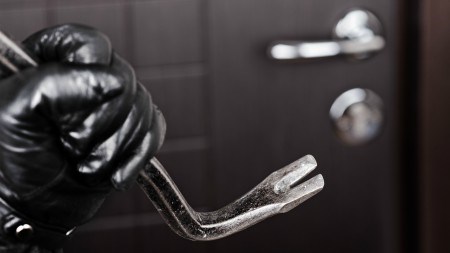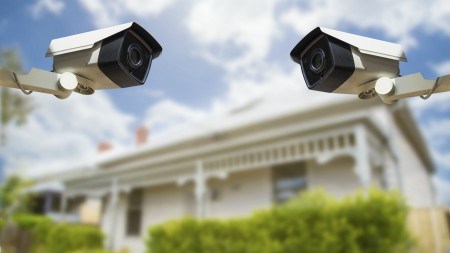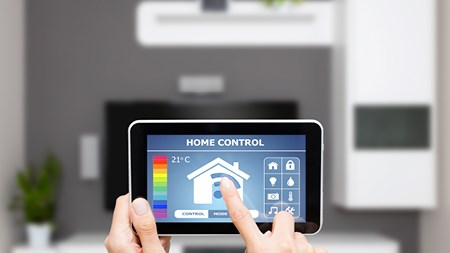People are more prone to mischief under the cover of darkness. An increase in criminal activity is therefore yet another of the undesirable consequences of load shedding that keep many South African homeowners up at night.
According to Regional Director and CEO of RE/MAX of Southern Africa, Adrian Goslett, installing security systems in one’s home has become more important than ever before. “Security features have always added value to a property. Now that we have run into trouble with our national power supply, electric security systems such as video surveillance and alarm systems might not have as much appeal to current buyers as traditional burglar bars and safety gates,” Goslett postulates.
However, many of these electric security systems have back-up batteries that engage in the event of a power outage. “Current homeowners should check that these back-up batteries are fully charged and functioning properly before the next power outage. Sellers are advised to mention this back-up feature to potential buyers who might be under the impression that these security features will not function during load shedding,” Goslett advises.
See more: Tips for creating a safe space in your home
Beyond this, Goslett encourages homeowners to try and keep their properties as well-lit as possible during a power outage to minimise the risk of their home being the target of criminal activity. Leave a battery-charged light on in each of the front-facing rooms of the property so that the house appears well-lit from street-view.
Lastly, Goslett suggests that homeowners keep manual locks on electric gates that can be easily opened when the electricity switches off. “Certain electric gates – especially those that have worn with age – are able to open without resistance when the power shuts off. Homeowners should test all electric garage doors and backyard gates to make sure their house does not become easily accessible when the power shuts off,” Goslett concludes.





